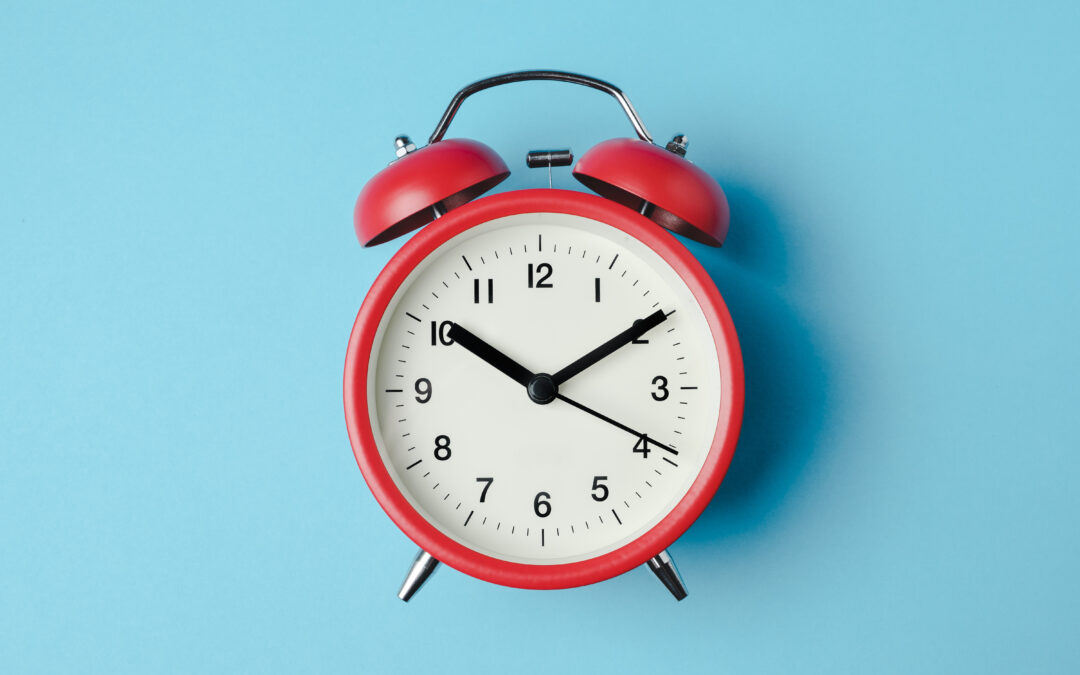Do you remember how endless summers felt as a kid? Now, it seems like the years fly by in the blink of an eye. This phenomenon isn’t just in your head—psychologists and neuroscientists have been exploring why time feels faster as we age, and the reasons are both fascinating and deeply tied to how our brains work.
One theory revolves around proportionality. When you’re young, each year represents a significant portion of your life. For a 10-year-old, one year is 10% of their existence—a long time! By the time you’re 50, one year is just 2% of your life, making it feel comparatively shorter. This shift in perspective causes the years to seem to speed up as we accumulate more of them.
Another explanation is novelty. As children, everything we experience feels fresh and new, from learning to ride a bike to visiting a new place. These novel experiences engage more of our brain’s processing power, making time feel fuller and slower. As we age, routines and familiarity dominate our days, and the brain processes them more efficiently, making time feel like it’s slipping by.
Memory also plays a big role. Our perception of time is deeply tied to how many memories we create during a given period. When we’re young, we create vivid, detailed memories of our firsts—first days of school, first jobs, first loves. As adults, life can feel repetitive, creating fewer standout memories and making entire years feel like they’ve passed in a flash when we look back.
Finally, attention is a key factor. Time feels slower when we’re deeply focused on something, whether it’s a challenging task or an exciting experience. As we age, responsibilities and multitasking can fragment our attention, causing days and weeks to blur together.
The good news? We can slow the perception of time by breaking routines, seeking out new experiences, and practicing mindfulness to savor the present moment. By living intentionally, we can make our days feel as rich and expansive as those endless summers of childhood.


